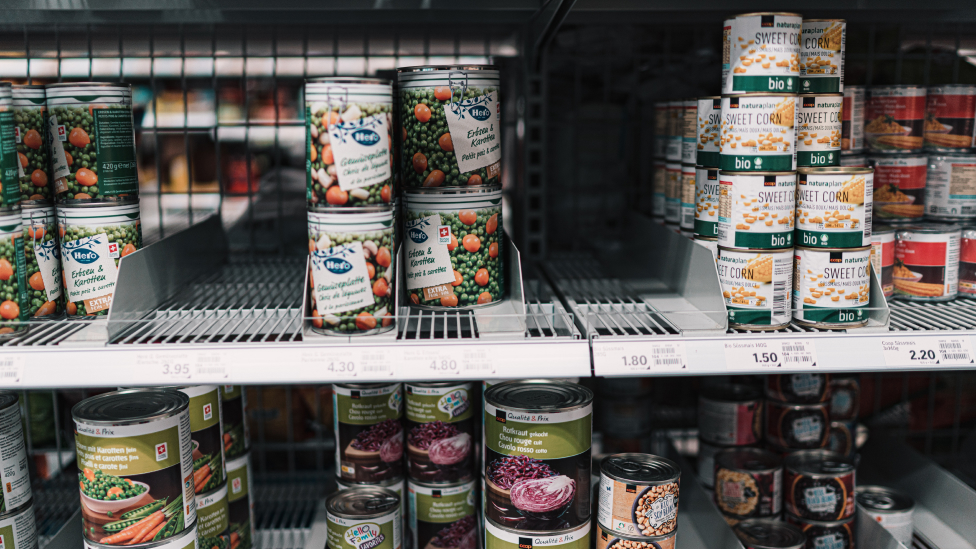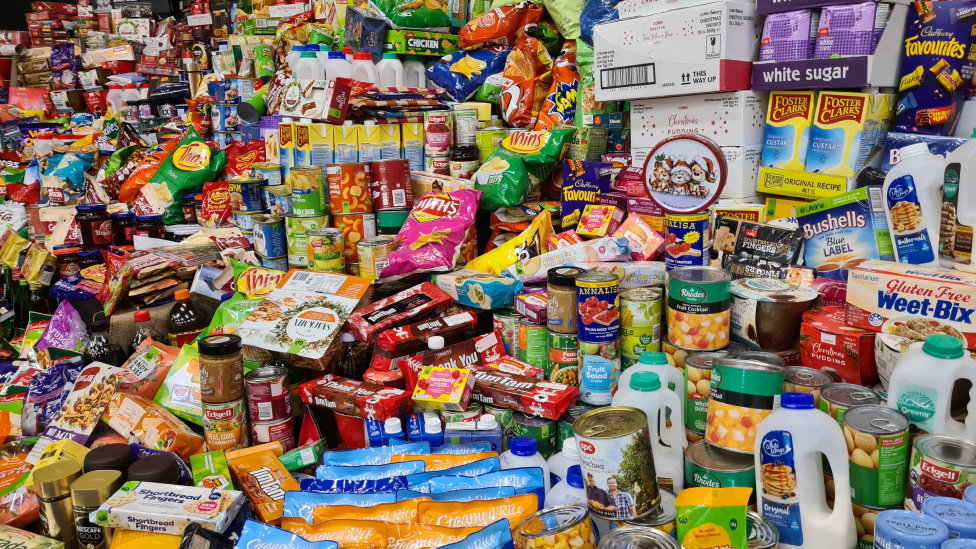Emergency preparedness is crucial for individuals and communities to effectively respond to natural disasters, conflicts, and other unforeseen events. Canned food plays a vital role in emergency preparedness, providing a reliable and accessible source of nutrition during times of crisis.

This article explores the significance of canned food in emergency situations and highlights its benefits, considerations, and best practices for building a well-stocked emergency food supply.
1. The Importance of Emergency Preparedness:
Emergency preparedness involves proactive measures to mitigate the impact of disasters and ensure the safety, well-being, and survival of individuals and communities. Adequate food supply is a critical component of emergency preparedness, as access to nutritious food becomes limited during crises.
2. Benefits of Canned Food in Emergencies:
Canned food offers numerous advantages in emergency situations:
Long Shelf Life: Canned food has an extended shelf life, often ranging from one to five years or more, making it suitable for long-term storage and readiness.
Nutritional Value: Canned food retains its nutritional value, providing essential vitamins, minerals, and macronutrients necessary for sustenance during emergencies.
Convenience: Canned food requires no refrigeration or cooking, making it easy to consume in emergency situations where power and utilities may be disrupted.
Portability: Canned food is lightweight and portable, allowing for easy transport and distribution during evacuation or relief efforts.
Variety: Canned food encompasses a wide range of options, including fruits, vegetables, proteins, and ready-to-eat meals, ensuring dietary diversity and satisfaction.
3. Considerations for Building an Emergency Food Supply:
When building an emergency food supply, several considerations should be taken into account:
Nutritional Balance: Include a variety of canned food items to ensure a well-rounded and nutritionally balanced diet during emergencies. Consider foods from different food groups, such as fruits, vegetables, proteins, and grains.
Dietary Restrictions and Allergies: Take into consideration any dietary restrictions or allergies within your household or community when selecting canned food items.
Storage Conditions: Store canned food in a cool, dry place away from direct sunlight to maintain product quality and extend shelf life.
Rotation and Expiration Dates: Regularly check expiration dates and rotate canned food items to ensure freshness and consume them before they expire.
Water Supply: Remember to include an adequate supply of drinking water alongside canned food to meet hydration needs during emergencies.
4. Best Practices for Emergency Food Supply:
To maximize the effectiveness of your emergency food supply, consider the following best practices:
Stock Sufficient Quantities: Aim to have at least a three-day supply of canned food per person, but ideally, a two-week supply is recommended for more prolonged emergencies.
Non-Perishable Staples: Include non-perishable staples such as canned beans, vegetables, fruits, soups, meats, and fish, as they provide essential nutrients and can be consumed without cooking.
Ready-to-Eat Meals: Include ready-to-eat canned meals that require minimal preparation, such as canned pasta, stews, and chili, for added convenience during emergencies.
Manual Can Opener: Keep a manual can opener readily available, as it may be necessary during power outages or when access to electricity is limited.
Regular Inspection and Replacement: Periodically inspect your emergency food supply, checking for any damaged or expired items, and replace them accordingly.
5. Community and Government Initiatives:
Communities and governments play a crucial role in promoting emergency preparedness and ensuring access to canned food during crises. Initiatives such as community food drives, government-led disaster response plans, and partnerships with relief organizations can help facilitate the distribution of canned food to those in need during emergencies.
Conclusion:
Canned food serves as a lifeline in times of crisis, providing a reliable and accessible source of nutrition during emergencies. Its long shelf life, nutritional value, convenience, and portability make it an essential component of emergency preparedness. By considering the benefits, considerations, and best practices outlined in this article, individuals and communities can build a well-stocked emergency food supply, ensuring their resilience and well-being in the face of unexpected events. Remember, being prepared today can make a significant difference in navigating the challenges of tomorrow.



采访刊发中国罐头⾏业-01.jpg)

